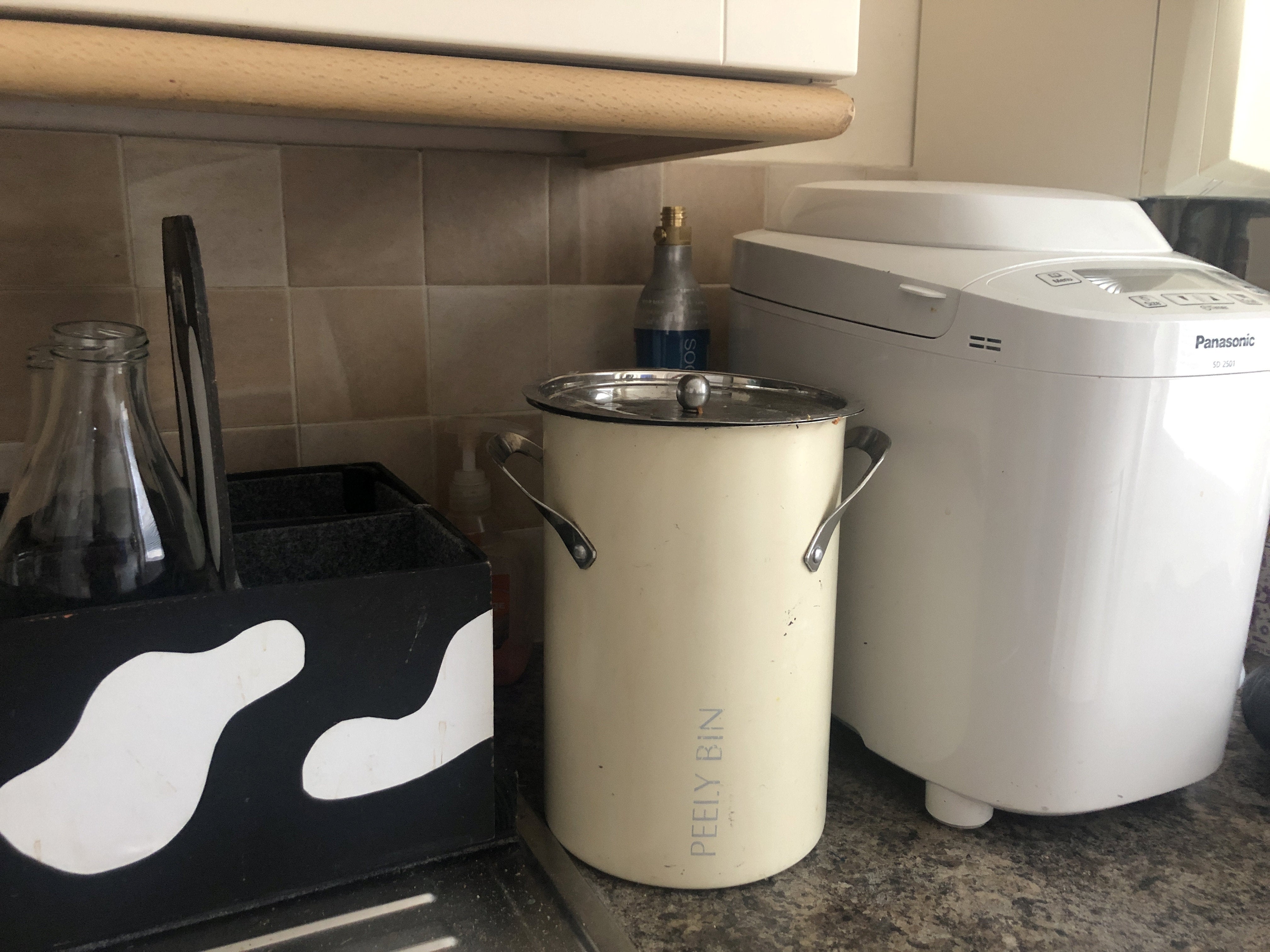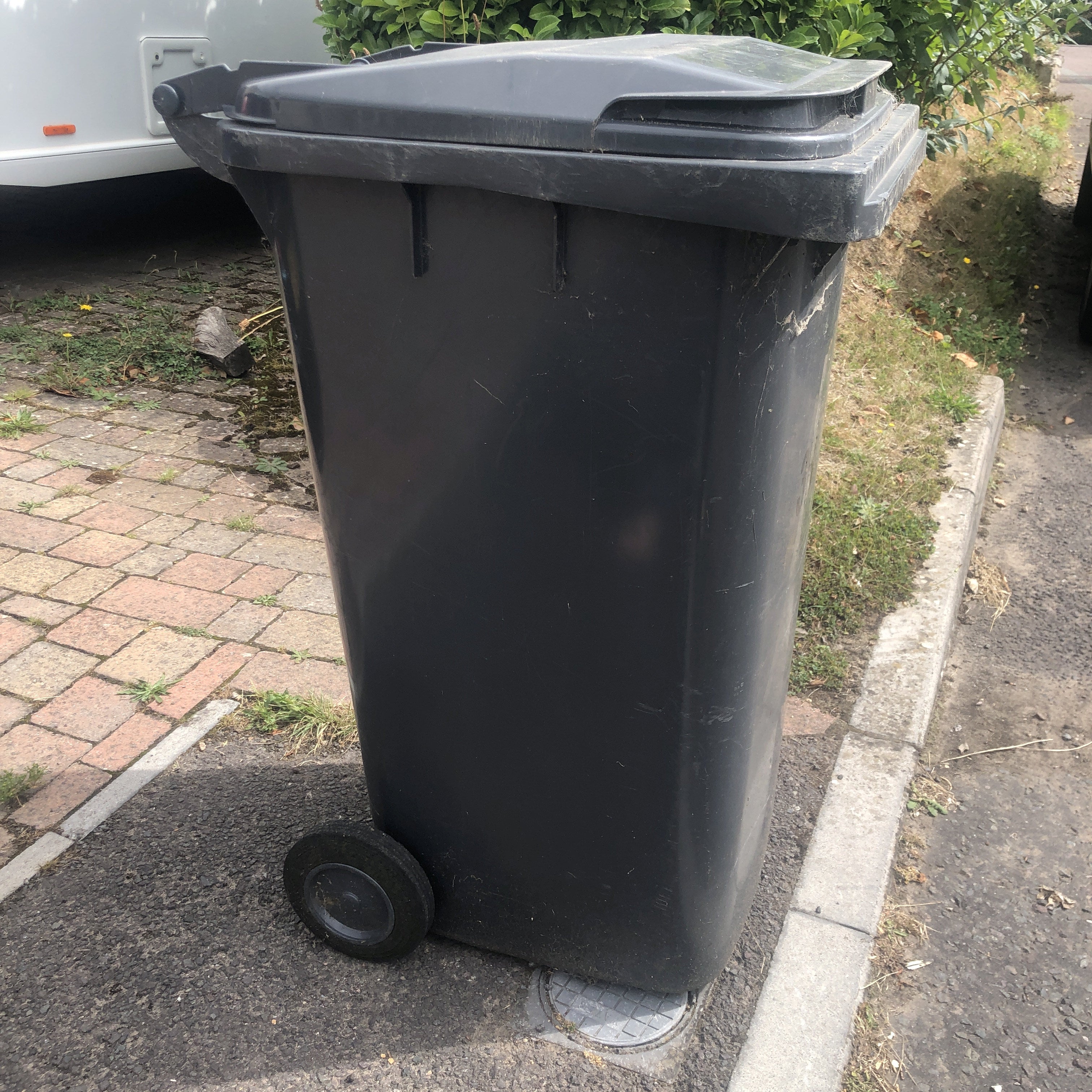Zero-waste mum puts out bins for first time this year
Jen Gale and her family of four compost food waste and buy as little packaging as possible to reduce waste

Your support helps us to tell the story
From reproductive rights to climate change to Big Tech, The Independent is on the ground when the story is developing. Whether it's investigating the financials of Elon Musk's pro-Trump PAC or producing our latest documentary, 'The A Word', which shines a light on the American women fighting for reproductive rights, we know how important it is to parse out the facts from the messaging.
At such a critical moment in US history, we need reporters on the ground. Your donation allows us to keep sending journalists to speak to both sides of the story.
The Independent is trusted by Americans across the entire political spectrum. And unlike many other quality news outlets, we choose not to lock Americans out of our reporting and analysis with paywalls. We believe quality journalism should be available to everyone, paid for by those who can afford it.
Your support makes all the difference.A mother with a family of four has put their black bin out for the first time in 2022, thanks to their zero waste lifestyle.
Jen Gale, 44, and her family from Warminster, Wiltshire, began their zero waste journey a decade ago in an effort to do their bit to protect the planet.
Gale, a sustainability author and podcaster, said it took them nine months to fill their black waste bin despite having a four-person household as well as pets.
The family – which includes husband Ben, 46, and sons Will, 13, and Sam, 11 – achieved this by shopping second hand and at zero waste stores to avoid packaging waste.
They also compost food waste in their garden, which Gale says has helped reduce the total amount of waste they product by “at least 25 per cent”.
She said: “We just thought that if we wanted to reduce our waste, we’d start chipping away at it over time.
“Now 10 years on, it took us months to fill our black bin. The only things that really go in it are plastic that can’t be recycled, although we don’t have much because we buy a lot of things packaging-free.”
The cost of going zero waste can be more expensive than shopping in supermarkets, as zero waste stores and fresh vegetable boxes tend to cost more.
However, Gale said the family saves money by buying other items second-hand.
“Once you have established new habits, it doesn’t really take a lot of effort to maintain them. It eventually becomes your new normal,” she said.
“Last year we put our black bin out for the first time in April and we wanted to beat that this year – which we did!”

She added: “Zero waste living has become so normal to us that it doesn’t feel restrictive.”
To reduce food waste even further, the family plans their meals to avoid over-buying food.
Gale also recommends households have an “eat me first” box for leftovers, opened food and things that are near their sell-by date.”
She said that food waste “is a great place to start” for households that want to cut down on their carbon footprint, and will also help save money.
Another way to reduce waste is to lower the amount of single-use plastics they buy, and opting to buy the biggest sizes possible.
For example, the family buys 500ml pots of yoghurt instead of multipacks of smaller pots, as well as larger bags of crisps.

These can be decanted or portioned out into smaller, reusable pots or pouches to be taken to work or school.
Gale acknowledged that shopping at zero waste stores for staples like pasta, rice, dried fruit and snacks can be pricier than supermarket shopping, but added that it is a good way to reduce waste if people can afford it.
“I recognise privilege has allowed us to do all this. We have space in the garden for a composter and we get a weekly fresh veg box delivered,” she said.
“Some things might be out of price range, but there are things everyone can have a go at.”

While it now takes nine months to fill their black bin, Gale said it still took the family a decade to get to this stage in their zero waste journey.
“We’re not precious, we can see the lure of the quick, convenient and easy option,” she said. “But I don’t feel we have had to turn our life upside down and become eco-warriors living in a yurt to achieve what we have.
“You have to allow yourself to be imperfect, but to develop a nice set of habits that don’t feel too difficult.”
Additional reporting by SWNS



Join our commenting forum
Join thought-provoking conversations, follow other Independent readers and see their replies
Comments